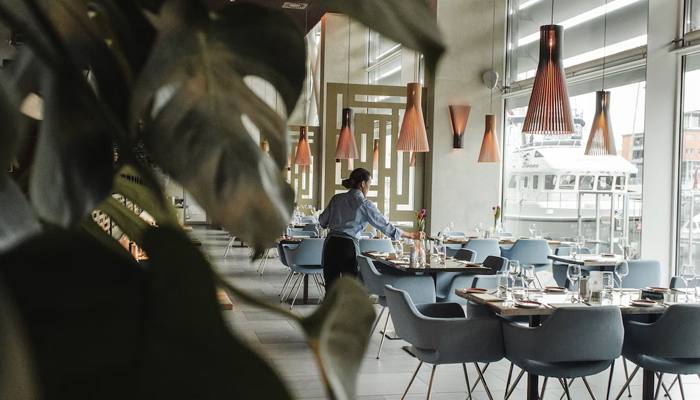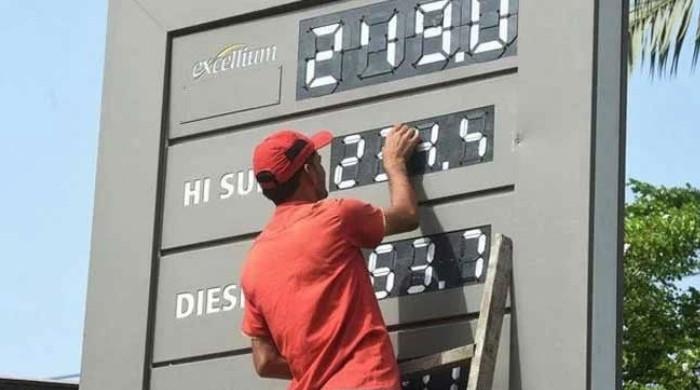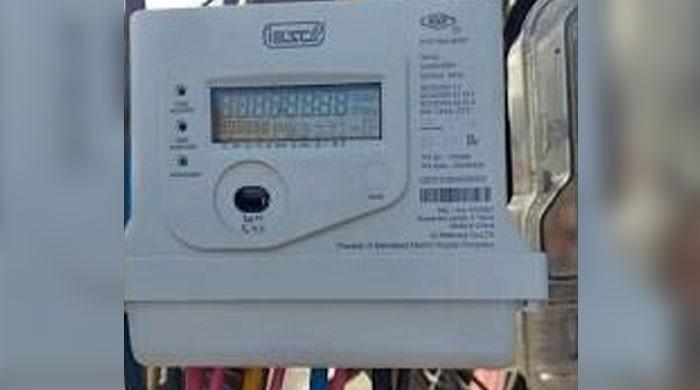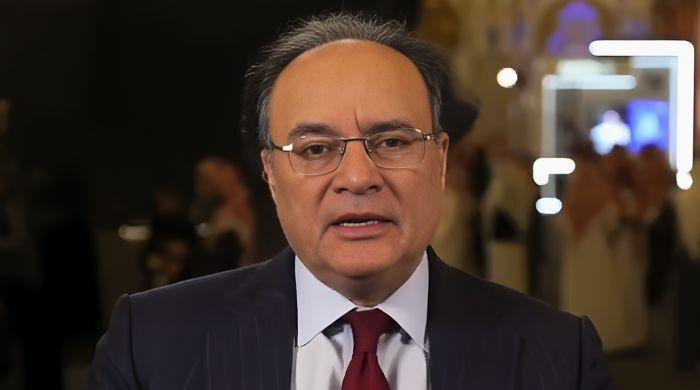New forms of tipping can make customers less generous
Experts believe that rising inflation and different digital modes of tip-giving has forced people to tip less
March 26, 2023

At least 48% of food outlets and restaurants, including Starbucks and McDonald's, are encouraging customers to tip their service provider by presenting new methods of tipping, according to data cited by CNN from Toast, a restaurant software management firm.
However, Americans decreased the level of tipping in the last quarter by 15.9% of people offered tips down from 16.4%.
Experts believe that rising inflation and different digital modes of tip-giving have forced people to decrease their tips.
Currently, the workers and customers have witnessed a completely new form of tip culture which has no norms because, the customers usually pay a certain amount of tip to waiters, bartenders and the workers providing table services to the restaurants, however, tipping the cashier is a new thing for customers.
It is because business owners are trying to compensate their workers with the tips received from the customers due to the rising costs of business — shifting the cost of business with the help of technology.
During the pandemic, customers extended generous tips which raised the expectations of restaurants and they introduced new modes of tipping. At the same time, digital payment also witnessed a boom replacing the old modes of tipping — jars with a few dollars with digital tips on a tablet or on a card. However, these new methods have started to make the customer feel pressurised.
Some even avoid giving tips by walking away.
Tipping may be motivated by emotions and it varies in different places and among different people.
Some customers always tip, some become embarrassed if their tip is not enough and some people avoid tipping saying the costs are already high.









